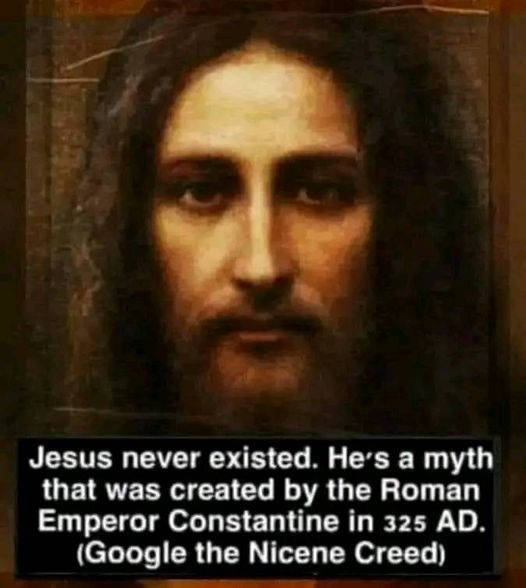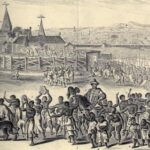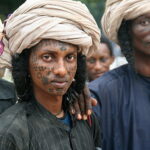Ma’at unveiled!
Ma’at In today’s society, we see a significant number of young, vibrant, and proud African personalities. These individuals, intelligent and upwardly mobile, find their spiritual and cultural identity in Ma’at. However, reforming those aged over 40 or 50, who have been deeply influenced by colonial brainwashing and still act as agents of our historical oppressors, may prove challenging.
One cannot genuinely claim to be both an authentic African and a Christian or Muslim. These religions, introduced by our colonizers, were historically tools for suppression and enslavement, leaving a legacy of exploitation and cultural eradication. Embracing these faiths means aligning with the very forces that tried to erase African identity, contributions, and self-esteem.
Some argue that there are genuine Africans who are Christians or Muslims, citing skin color as evidence. However, true African identity transcends mere skin color. After fifty years of so-called independence, many still cling to foreign religious ideologies, labeling African traditions and values as primitive and barbaric. This mindset reflects a deep-seated colonial mentality and self-hatred.
Many African Christians and Muslims adopt the mannerisms and even physical appearance of former slave masters, often going as far as bleaching their skin. They prioritize their foreign religious identity over their African heritage, kneeling before images of foreign gods and considering these deities their saviors.
The impact of Christianity on Africa began with the Atlantic slave trade, which reached its peak in the 18th century. Christian missionaries often facilitated and justified this trade, with many ships named after Christian concepts and captains who were clerics. These so-called men of God often inflicted unimaginable cruelty on African slaves.
The brutality experienced by Africans on these slave ships and later on plantations is well-documented. Upon arrival in the Americas, enslaved Africans faced harsh punishments and dehumanizing treatment. Records highlight the appalling conditions and the extreme measures taken to break their spirit and maintain control.
Islam also played a significant role in the subjugation of Africans. Arabs, long-time perpetrators of the slave trade, dehumanized Africans, using religion to justify their actions. Islamic texts and traditions often depicted Blacks as inferior and destined for servitude.
The Arab slave trade persisted for centuries, leading to the exploitation and death of millions of Africans. The treatment of African slaves in the Arab world was equally, if not more, inhumane. Castration and sexual abuse were rampant, and many slaves did not survive the grueling journey to the Middle East.
This systemic dehumanization is reflected in the derogatory ways Arabs have historically referred to Africans. Terms like “abeed” (slave) underscore the entrenched racism within certain cultural attitudes. The Qur’an and other Islamic texts perpetuated these views, promoting racial hierarchies that disadvantaged Africans.
As an act of reclaiming our heritage, we launched a campaign in 2008 urging African women to abandon the damaging practice of adopting European hairstyles. This effort has seen a beautiful transformation, with African women worldwide embracing their natural beauty, inspiring other cultures to follow suit. This is a testament to the power of self-acceptance and cultural pride.
It is now time to extend this reclamation to our spiritual lives. Identifying with Christianity or Islam contradicts the essence of African identity. We must embrace Ma’at, the ancient spirituality of our ancestors, as the foundation of our spiritual and cultural identity. Ma’at served as the source from which all other religions borrowed, creating their messiahs and spiritual doctrines.
By returning to Ma’at, we reject the legacy of colonial and religious oppression. We liberate ourselves from modern religious conflicts and focus on our true heritage. Two forthcoming books will further guide this spiritual awakening and provide a detailed roadmap for adopting Ma’at.
Join us in this journey of cultural and spiritual reclamation. Let us honor our ancestors and lead the way for humanity once more, as the original custodians of knowledge, spirituality, and civilization. Together, we can restore the pride and dignity of African identity.


